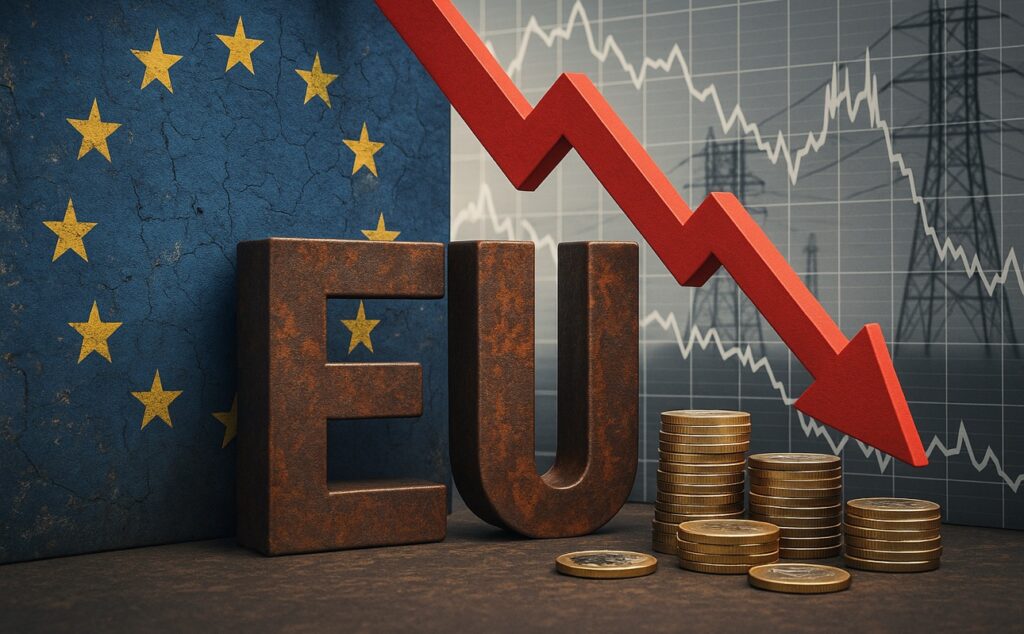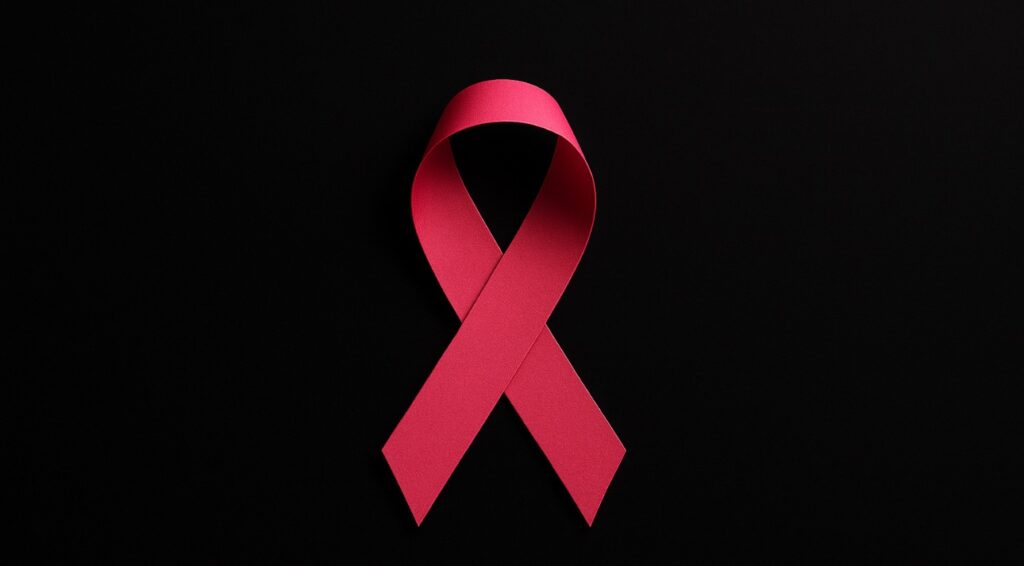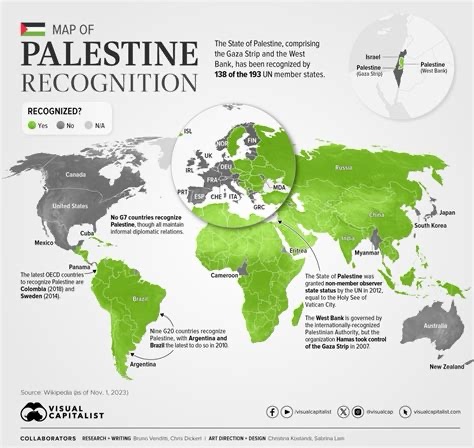Rising chronic diseases, long-term care demand and staff shortages pose challenges, while technology offers a path forward
Population ageing has emerged as one of the greatest challenges facing Europe in the 21st century. According to the European Commission, by 2050 nearly one-third of the continent’s population will be over 65. This demographic shift is already putting considerable strain on healthcare and welfare systems, while also creating long-term economic pressures that governments must urgently address.
The consequences are multifaceted. Chronic diseases are on the rise, demand for long-term care is increasing, and healthcare costs are climbing. At the same time, Europe faces a shortage of qualified healthcare professionals, raising questions about the capacity of existing systems to respond effectively.
Technology, however, has begun to offer promising solutions. Assistive robots, wearable health devices, artificial intelligence platforms and remote monitoring tools are already in use in countries such as Germany, Sweden and the Netherlands. Remote monitoring in particular has proven effective in reducing the need for in-person visits, enabling earlier diagnoses and allowing healthcare professionals to optimise time and resources.
Yet adoption across Europe remains uneven. While some countries are advancing with digital health strategies and strong innovation incentives, others continue to face barriers including regulation, limited funding and cultural resistance. Finland’s “active ageing” programme, which combines public policy with technological support to promote independence among the elderly, is seen as a case of success. In contrast, other nations have struggled to modernise at the pace required by their rapidly ageing populations.
Experts argue that Europe’s future will depend on the ability to integrate public policy with technological innovation. Without such alignment, the risks are clear: overburdened health systems, weakened economies and ageing populations deprived of quality of life.
The challenge goes beyond medicine. It is about redefining the relationship between economy, innovation and human care in a continent that is ageing at an unprecedented rate.







